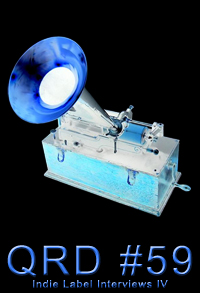
 |
| about
this issue
Indie Label Owner Interviews with: Bunkerpop Autumnal Release Bo' Weavil Recordings Little Helpers Mantricum Emanen Saint-Loup Withering Trees Blondena Waggletone Erototox Decodings Jehu and Chinaman |
 |
 |
 |
 |
 |
 |
|
|
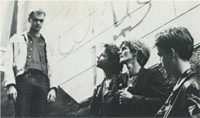 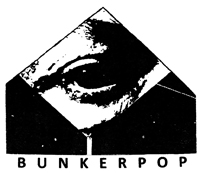 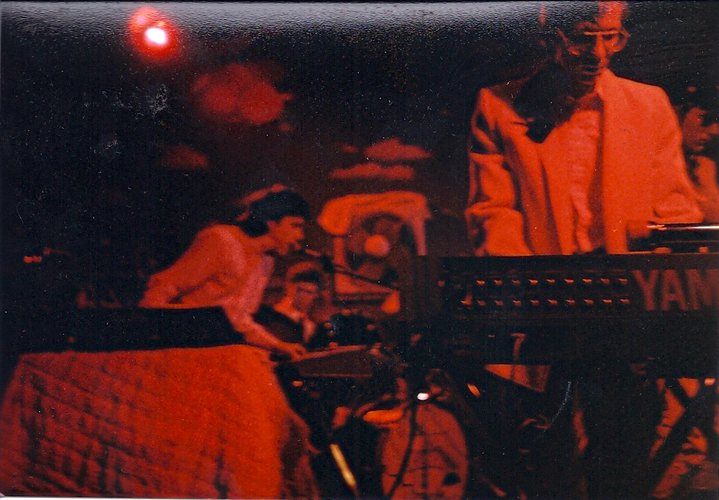 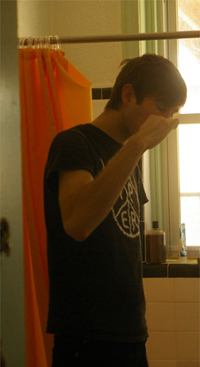   |
March 2013
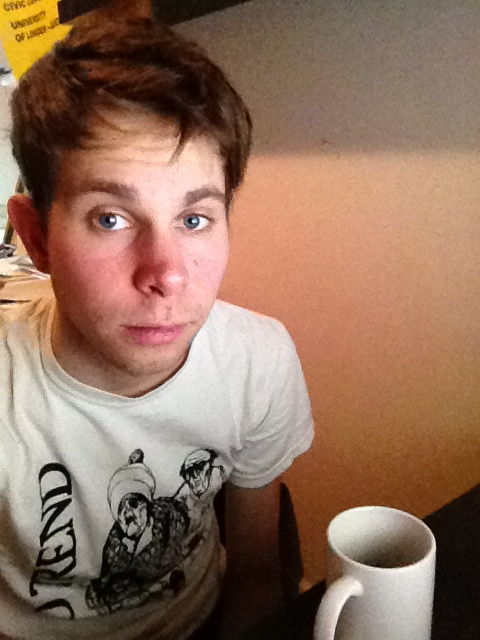
Label: Bunkerpop
City: Brooklyn, NY
Artists Roster: Coïtus Int., Null and Void
Websites: www.bunkerpop.com
QRD – When & why did you start your label?
Thomas – Digging for music, sharing it with an audience, presenting it in the some way as almost a form of self-expression... I’ve been doing this in some form since first getting involved at my college’s radio station in 2004. I started Bunkerpop in 2010 - the year I moved to New York from Philadelphia. After relocating to Brooklyn I no longer had a radio show to host & so the label served as a new outlet, very different ways of operating, but the same idea.
QRD – How many releases have you put out?
Thomas – Two!
QRD – What are the fun &/or rewarding parts about running a label?
Thomas – It’s about connecting with an audience - someone who buys a record, hears it on the radio, downloads it from a blog, etc. For the label, I focus on music that I feel is largely unknown or under-appreciated, but it’s also very much a personal endeavor. These are records that have REALLY dug into me & so hitting others out there for the first time who feel the same way... it’s, you know, cool.
QRD – What do you feel is the biggest waste of your time running the label?
Thomas – Ha, trying to do as much as I can by myself & not knowing very much. I have no experience with Photoshop, know next to shit about technical audio details, mastering, etc. Can you tell? I owe a lot of thanks to friends who have helped me out & filled the holes, but have also learned it’s a good idea to pay someone to do some graphic design work once in a while.
QRD – What are some labels you admire or feel a kinship to?
Thomas – The inspiration for Bunkerpop can be traced back to AA’s “Essential Entertainment” EP reissued by Softspot a few years ago. Truly remarkable record from Belgium. Thank you to Mr. Siltbreeze for playing it for me one day in his Philadelphia record shop & to Nancy at Softspot for sharing her expertise helping me get off the ground. Turns out it was easy.
QRD – How has your physical location effected your label?
Thomas – It’s nice being able to have face-to-face relationships with stores, distros, pressing plants, etc. & it’s easy to have that in New York. There are so many great stores near my part of Brooklyn alone. Fusetron is an amazing operation, too - a huge distributor - & they’re right down street. For the Null and Void LP, I had the vinyl pressed in Brooklyn, the posters printed in Queens, & the jackets printed by a company based in SoHo. I like being able to visit these places & it’s nice not having to pay for shipping on that stuff, but of course if I lived somewhere less expensive I could probably afford to release more music!
QRD – How do you find out about new artists for your label?
Thomas – It’s 2 for 2 so far from the Mutant Sounds blog. Much respect
QRD – How do most fans find out about your label?
Thomas – I wonder the same thing.
QRD – What are some things that make you want to work with a band?
Thomas – They have a record that:
1. is old
2. has been overlooked, in my opinion
3. blows my brain, in a sense. Great artwork helps, too.
QRD – What’s a record you’d like to put out that you’ll never be able to?
Thomas – The Verge ‘Habitual’ EP (1983). They were from Albany, NY & this one was a no-brainer for me. I’d drop everything to get started on this one if I was only able to get a green light from the band, but no luck.
QRD – If you really like a band, but aren’t sure you could sell many copies of their record; what do you do?
Thomas – I’d probably press too many against my better judgment, but might consider doing a small run. Ideally, they should forever be available so I’d rather have too many than not enough. If any of these releases sell out I’ll be bummed.
QRD – How is financing of a release split between artists & the label?
Thomas – I pay for everything, at least that’s how it’s worked so far.
QRD – How do you split profits from a release between artists & your label?
Thomas – I will probably offer 10% of the pressing, because I was told that was standard. But if they don’t accept that we’ll work something out, no big deal.
QRD – How big of a staff do you have & how big of one do you need?
Thomas – It’s just me. It’s a small operation.
QRD – What do you do to build relationships with radio stations?
Thomas – I host a weekly show on WFMU & being involved there has helped me get in touch with radio stations elsewhere. Radio promo is important to me, but of course I can’t send LPs to everybody, so I’m lucky that I know people who can share advice on which stations are worth mailing to.
QRD – Do you sell music that is not on your label?
Thomas – I don’t, for now.
QRD – Do you worry about search engine optimization & website traffic?
Thomas – I tried to do this with www.bunkerpop.com, but it is a Tumblr & from what I understand Tumblr is not the best for that sort of thing. If you do a Google search it doesn’t show up at all. Having a Big Cartel works out just fine though.
QRD – Is it important to have physical releases over digital ones or does it not matter?
Thomas – Bunkerpop, like a lot of blogs uploading rare records to be made available as MP3s, sets out to bring attention to music before it’s lost & forgotten. The amount of music made available on blogs over the last few years is astounding, so much that there are great blogs like One Chord Is Enough & Doug Schulkind’s Mining The Audio Motherlode series that present amazing content by mainly pulling from other blogs. We’re dredging up the past more than ever before, but shit gets buried - lost again in the sands of blogging. I still think producing physical formats is valid because it commands a different level of attention & is more successful, I think, at preserving overlooked recordings for future audiences. That a person spent the great amount of time & money to reissue a record no one’s heard by a band no one really knows about says loads about it’s relevance in today’s world.
QRD – What do you think of ultra-limited runs of releases (less than 100 discs)?
Thomas – Fine if it has that limited of an audience.
QRD – What do you do about people distributing your music without financial compensation (piracy & file trading)?
Thomas – I like having my releases available for free download (as long as the artist agrees). If someone finds the MP3s somewhere because they heard or read about or have seen the new reissue on BP then great - it’s been a success. Similarly, if someone asks for a free download to preview before they buy, I’ll send them a link.
QRD – Anything else?
Thomas – The Coïtus Int. LP will be out in 2013.
